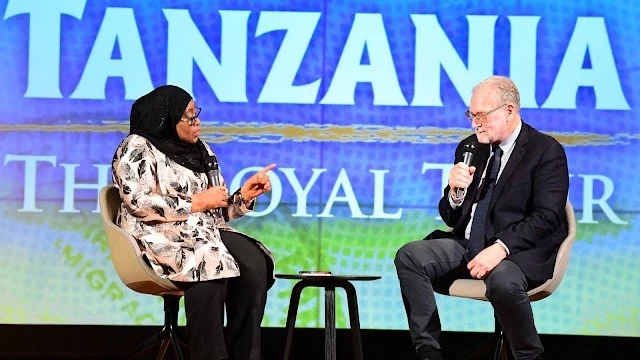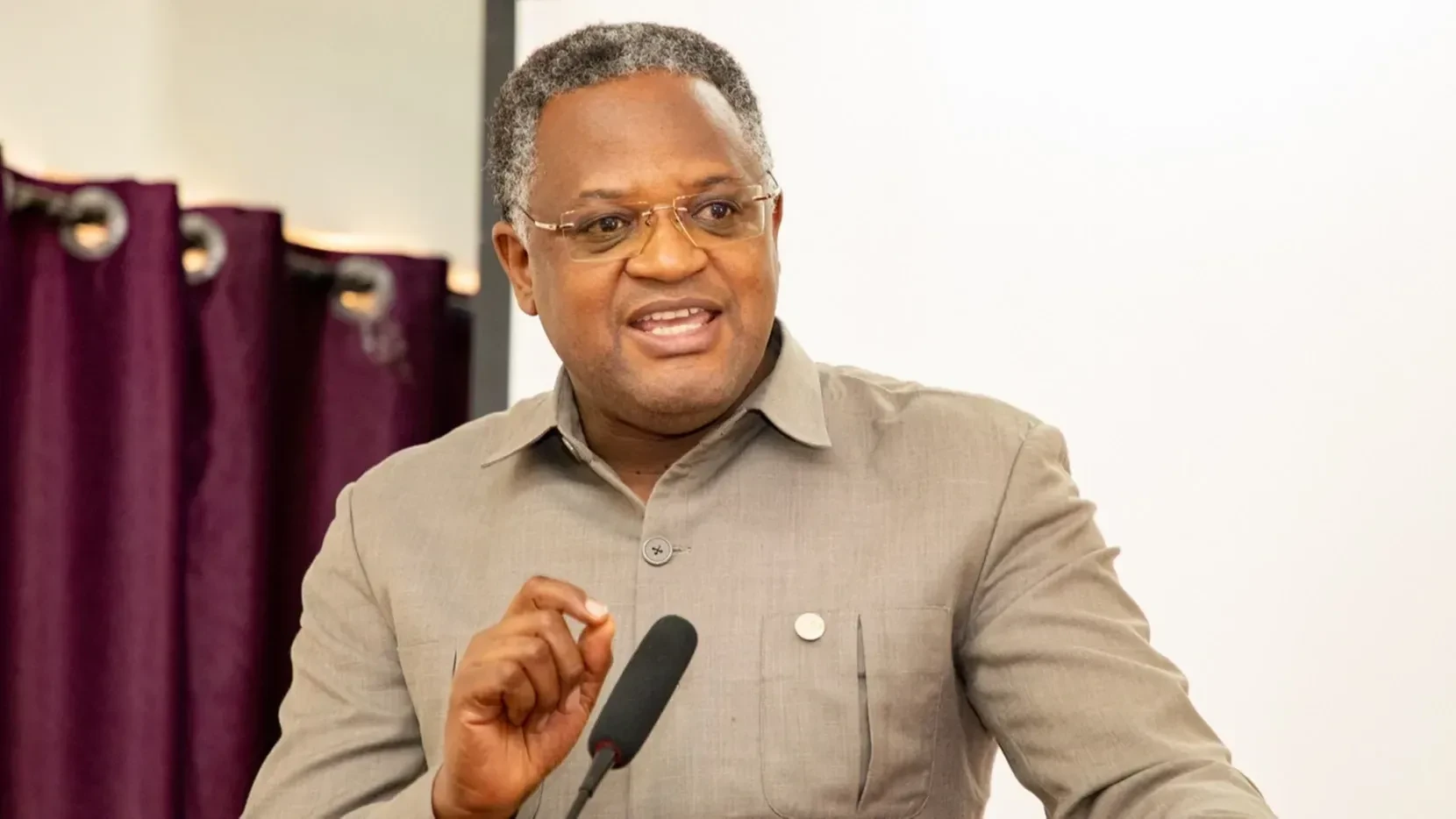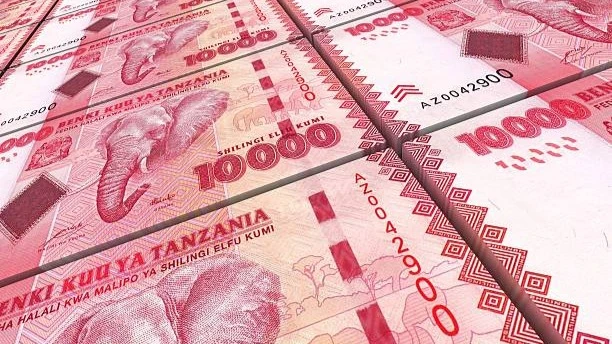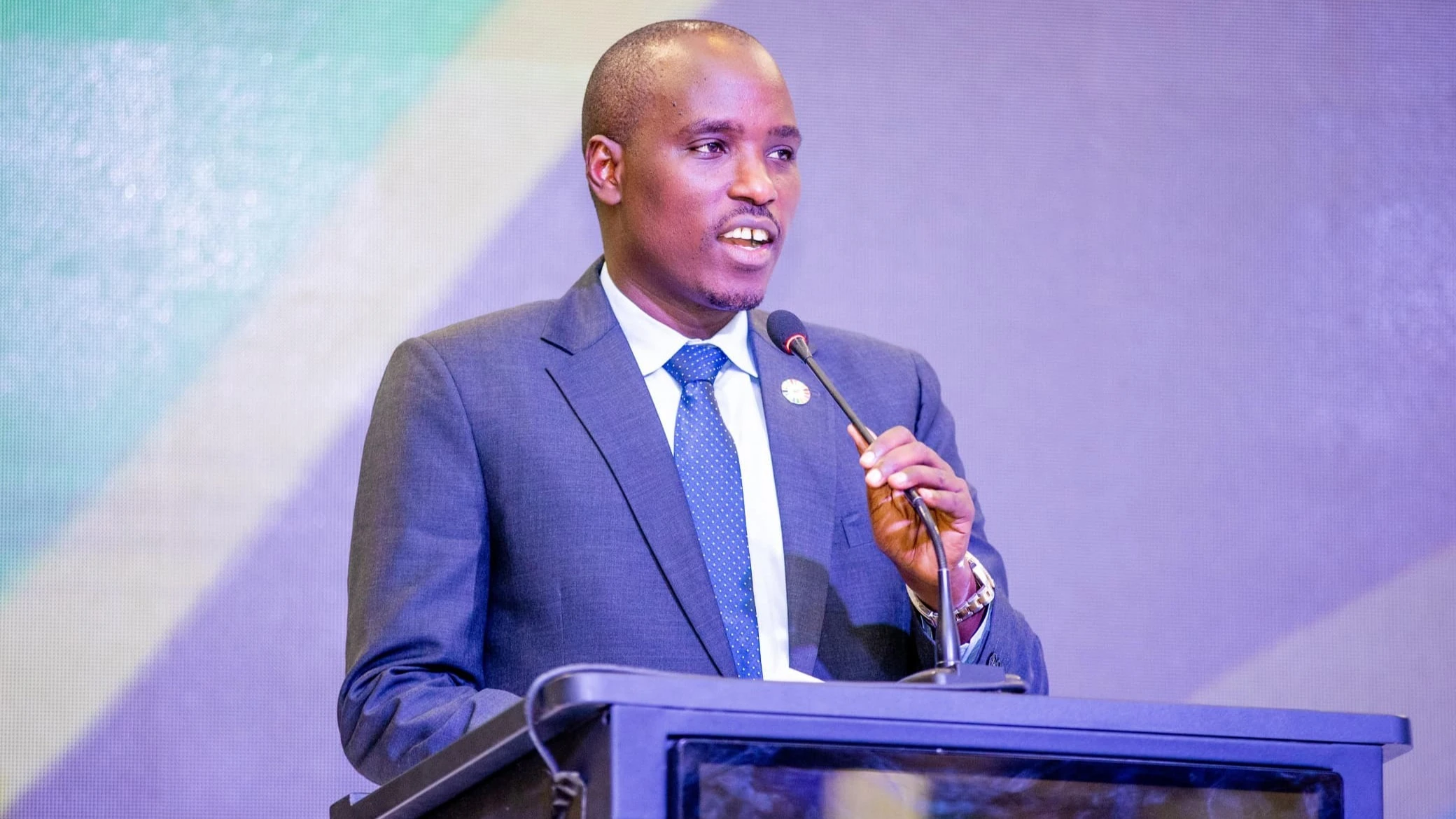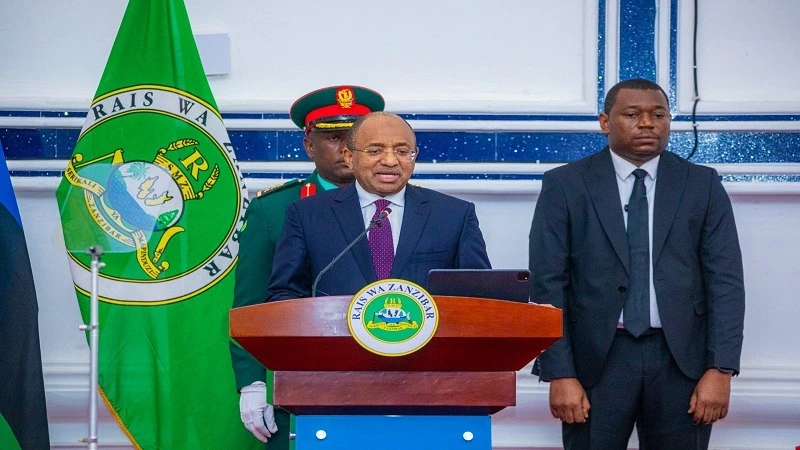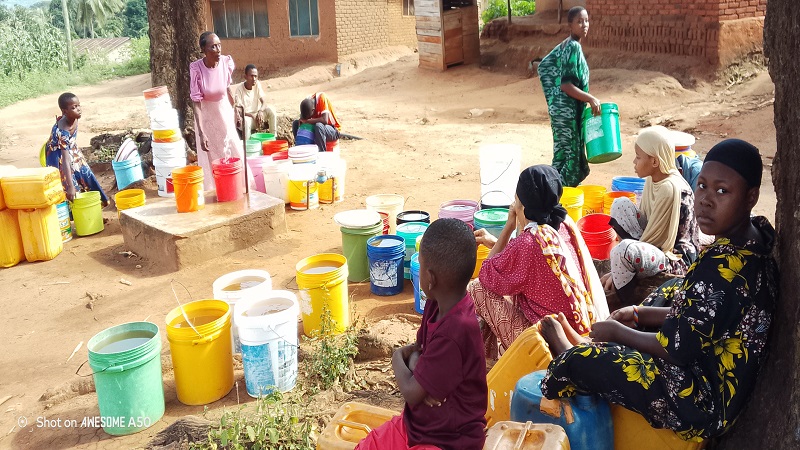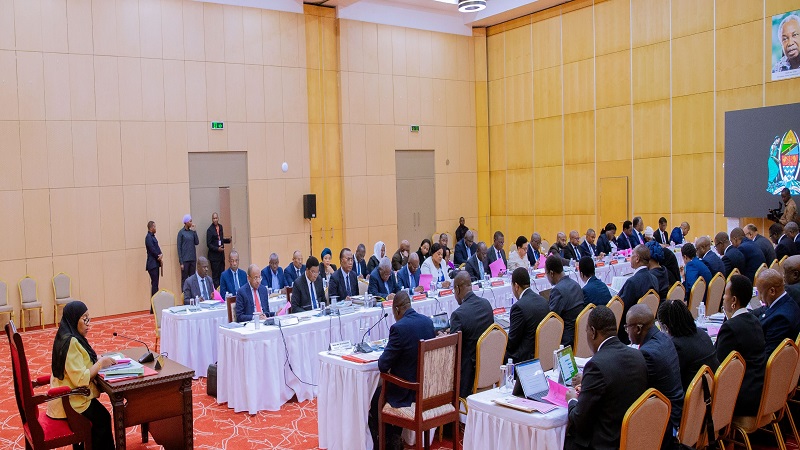Tanzania is reaching a high point in international relations
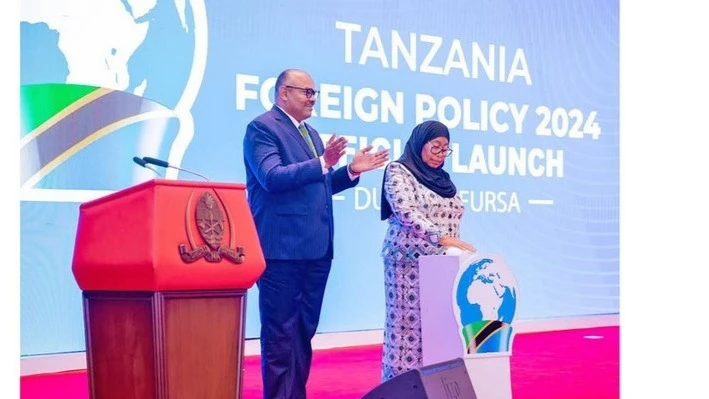
INTERNATIONAL relations refer to the broad framework of interactions among countries and governments, examining how states relate to one another and uphold their foreign policies, especially in matters concerning political and economic security.
This field also investigates the influence of international organizations, non-state actors, and global governance structures in shaping global affairs.
Understanding international relations is crucial for anyone interested in how countries cooperate, how cross-border trade functions, and how diplomacy fosters peace. It is a field that attracts curious minds eager to explore opportunities and connections across the globe.
At its core, international relations focus on the forces and actions that influence foreign policies. It seeks to explain political activities beyond state borders and to maintain positive engagement between nations. This discipline addresses significant issues such as the international political economy, global governance, cultural exchanges, and the dynamics of national and ethnic identities.
To function effectively within this space, every country must craft a sound foreign policy. The primary aim of such a policy is to uphold good diplomacy and sustain peace through cooperation. This reflects how power operates in the global security architecture.
The role of economic diplomacy
Economic concerns lie at the heart of foreign policy for many nations. Countries aim to position themselves strategically within the global economy through trade agreements, foreign aid distribution, and regulation of imports and exports. Three of the most pressing foreign policy issues today involve peacekeeping, human rights protection, and ensuring justice and equality. Securing access to foreign markets is a growing influence on global foreign policy.
Tanzania, as one of the 193 sovereign states recognized by the United Nations, has embraced international relations as a vital tool for national development. Guided by principles of sovereignty, territorial integrity, and political independence, Tanzania’s foreign policy also emphasizes good neighborliness in line with African Union guidelines.
A central pillar of Tanzania’s foreign policy is economic diplomacy—a strategic approach to promoting the country’s economic interests abroad. This includes attracting Foreign Direct Investment (FDI), expanding export markets, and enhancing competitiveness in the global economy.
The launch of a new foreign policy
In line with these objectives, President Samia Suluhu Hassan’s administration unveiled a revised edition of Tanzania’s foreign policy on May 19, 2025. The launch, held at the Julius Nyerere International Convention Centre in Dar es Salaam, was attended by top national leaders including the President of Zanzibar, Dr. Hussein Mwinyi, cabinet ministers, former leaders, diplomats, and other stakeholders.
The updated policy builds on the original 2001 version (last revised in 2004), and reflects Tanzania’s evolving goals in an increasingly interconnected world. The new edition places strong emphasis on regional integration, trade, sustainable development, and active participation in global affairs.
This shift aims to improve Tanzania’s global standing by securing favorable trade terms, encouraging foreign investments, and strengthening the nation’s voice in regional and international negotiations.
Promoting Kiswahili and the blue economy
A unique feature of the new policy is the promotion of Kiswahili as a tool for diplomacy. By elevating Kiswahili in international forums, Tanzania enhances its cultural influence and asserts its leadership in a language spoken by nearly a quarter billion people. Currently, over 102 universities globally offer Kiswahili at degree level, underscoring its growing relevance.
The policy also emphasizes the blue economy, which involves sustainable use of marine and aquatic resources for economic growth, improved livelihoods, and job creation. Integrating blue economy strategies into foreign relations is a new approach that offers immense potential, especially for a country with vast coastal and freshwater resources.
Broader themes and strategic priorities
Among its twelve thematic focus areas, the revised policy highlights economic diplomacy, regional integration, multilateral cooperation, diaspora engagement, esource mobilization (including through diaspora bonds and green financing)
At the policy launch, President Samia stated: “This revised policy seeks to make diplomacy work for economic development. We want our foreign missions to be instruments of investment promotion, trade facilitation, and showcasing Tanzania’s opportunities to the world.”
Minister of Foreign Affairs and East African Cooperation, Ambassador Mahmoud Thabit Kombo, reinforced this message by noting: “The updated policy aims to reposition Tanzania by strengthening bilateral and multilateral ties, intensifying regional cooperation, and fostering a supportive domestic environment for foreign engagement.”
This new orientation signifies a move toward pragmatic diplomacy, where economic interests are front and center. It acknowledges that diplomacy today involves more than politics—it encompasses trade, market access, technology transfer, and nation branding.
Diaspora as a development asset
The policy also commits to systematically engaging the Tanzanian diaspora as vital partners in national development. It defines the diaspora as Tanzanians or individuals of Tanzanian origin living abroad who remain patriotic to their homeland.
To this end, the government has institutionalized diaspora matters under the Ministry of Foreign Affairs. Plans include granting Special Status to non-citizen Tanzanian diaspora members and formalizing ways to involve them in national initiatives. This includes promoting trade, investment, tourism, and cultural diplomacy.
The policy states: “The United Republic of Tanzania’s economic diplomacy aims at strengthening its economic position in foreign relations by optimizing utilization of opportunities emanating from bilateral, regional and multilateral relations.”
The document affirms a results-oriented approach, calling for collaboration between the government and private sector to harness historical markets and penetrate new ones.
Future outlook
Tanzania’s foreign policy shift is already yielding measurable results. According to national business statistics, the country’s export value rose from $1.77 billion in 2001 to $11.6 billion in 2022, driven by new markets in Africa, Asia, and the Middle East.
The revised policy encourages not only engagement but impactful participation in global matters. It integrates environmental concerns, advances marine resource management, and envisions Tanzania as a model of economic diplomacy in the region.
By aligning its foreign policy with development goals, Tanzania positions itself to achieve sustainable growth while strengthening its global influence. The updated strategy demonstrates that foreign relations, when strategically managed, can become a powerful engine for national transformation.
Top Headlines
© 2025 IPPMEDIA.COM. ALL RIGHTS RESERVED












